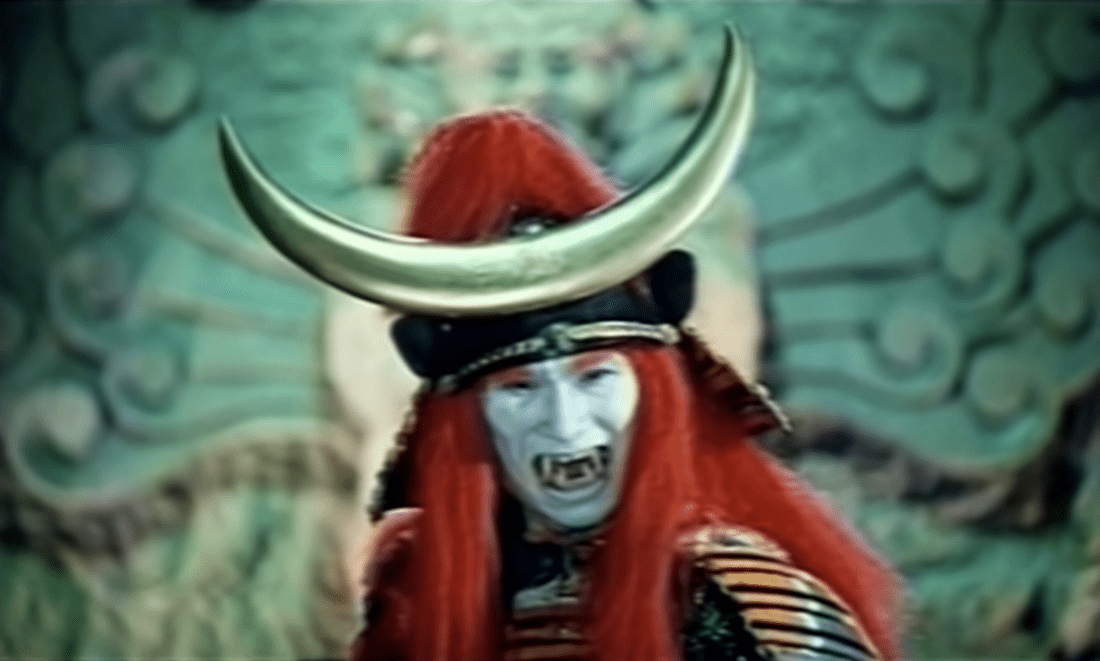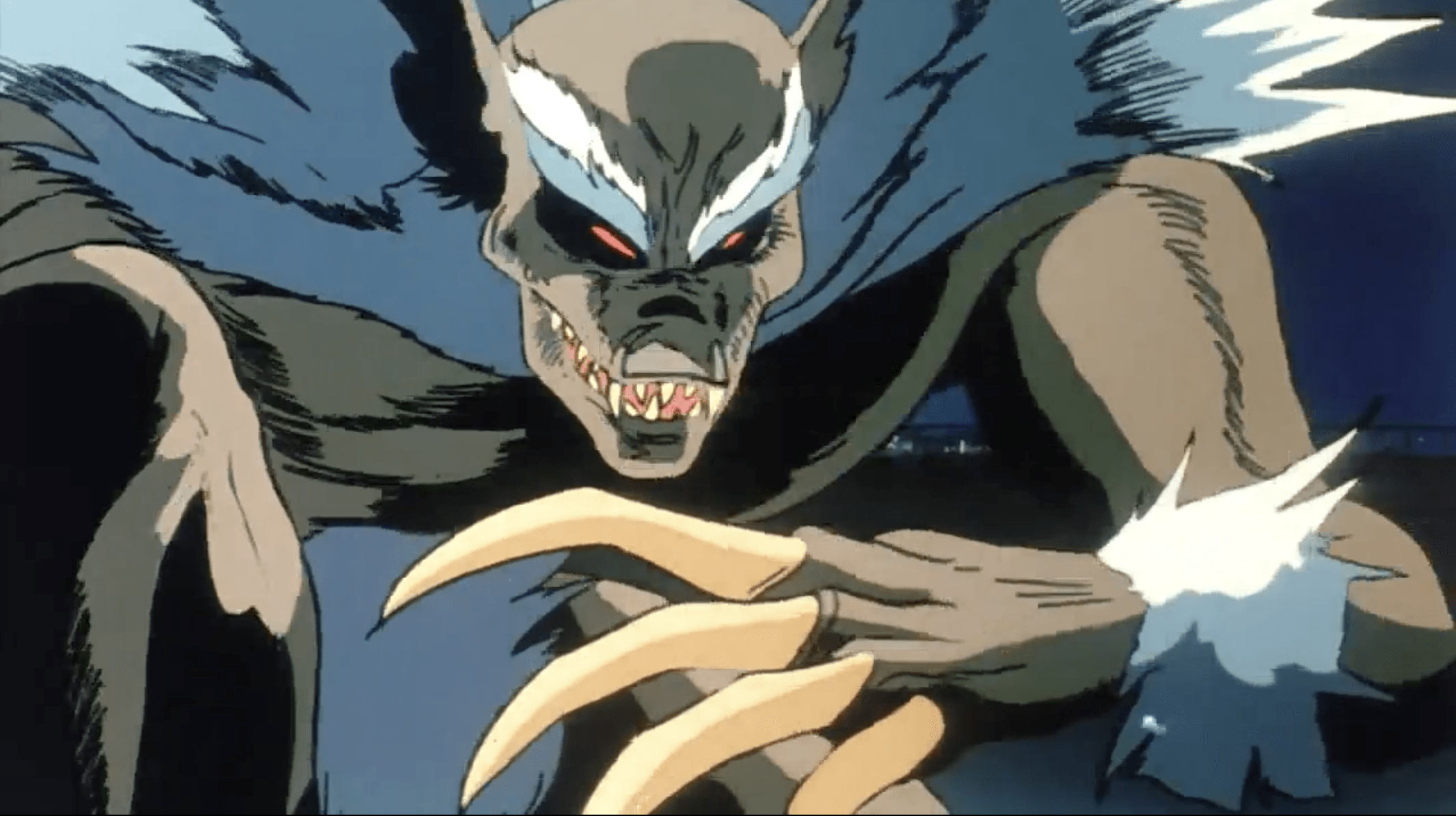
Live each day as if it were your last is terrible advice. I'm not sure how I would behave if I only had one day left but I doubt it would be sustainable. I don't suppose it is meant to be taken literally. It's intended to encourage you to value what time you have, to treasure every moment, but life is full of shit like visits to the DMV, dentist appointments, and waiting for that little blue bar on your screen to finish loading. There is plenty about modern life that is best left unsavored.
Hiroshi Shimizu’s film Ikinai AKA Not Alive, or Suicide, or Suicide Bus, takes this whole issue, puts it in a bingo tumbler, and rattles it around for an hour and a half. It’s frequently funny, sometimes absurd, and often touching. It’s an existential rumination described in everyday terms.
The film is about a group of people who have chartered a tour bus and are going to drive it off a cliff killing everyone inside and allowing their families to collect the insurance money. For the plan to work they have to make it appear like an accident which means they have to actually make all the tourist stops and go through the motions of the tour. Unfortunately, just before they leave, an innocent, young woman named Mitsuki gets on the bus who is not in on the conspiracy.
As the group progresses along their tour they snatch private moments to figure out what to do about Mitsuki. The presence of Mitsuki means that the tour group can never let down their guard. They have to act like a tour group both inside and outside the bus.

Watching the group sightsee through shrines and roadside attractions feels ludicrous. It’s unclear whether they are actually enjoying it or just going through the motions but either way, it feels bizarre. At their first stop, there is one of those wooden facades where you stick your head through and become part of a novelty painting. Four of the suicidal tourists stick their heads through while a fifth takes a photo. Why? Why take a photo? Tomorrow the camera will be destroyed, the film will be destroyed, the people will be destroyed, it’s absurd. Of course, like most existential absurdism, it points out the actual conditions we all live under. A person’s life span is undetermined and unpredictable. Anyone could die at any minute. Why do anything if all traces of our lives and actions will eventually be erased? This leads to the fundamental question at the heart of existentialism. Albert Camus famously put it this way, “There is but one truly serious philosophical problem and that is suicide. Judging whether life is or is not worth living amounts to answering the fundamental question of philosophy.”

The film asks this question over and over. Everything the group does feels pointless and futile, but death has a strange contradictory effect on life. The fact that we die erases meaning from our lives but the fact that our lives do not last forever makes them feel valuable and therefore meaningful to us. If we lived forever, life and all its attenuating experiences would feel pointless. Why would anyone wake up in the morning and get out of bed? It’s supply and demand. With unlimited supply life’s value is zero, but if the supply is limited to 70 years it becomes valuable. Scarcity may ensure life’s value, but if life is just a temporary consumable that amounts to nothing then why bother buying one at all? Death imbues our life with meaning just as it deprives our lives of meaning.

The tourists stop to have a banquet at an inn. That night they hold a little amateur talent show. Each tourist gets on stage and performs whatever talent they have. None of them have much to show but there is a sort of sweet and absurd pathos to their performances. It’s a review of the silly things we do to distract ourselves. Each talent is an illustration of how these people chose to spend their free time. Free time being the time they are free from the responsibilities of everyday life.

The night before their suicide some of the men get drunk and go to a strip club. When the tour guide finds out what they have done he is angry. He feels that the men have behaved in an improper manner, and tells them, “Does it matter what we do? We will die tomorrow anyway. So let's at least enjoy our last night.” Taken out of context it’s a little difficult to understand but what he means by “enjoy” is to behave honorably. For the guide, we should all observe decorum even in our hour of desperation. It’s a truly Japanese sentiment but even so, it brings into question the relevance of rules, laws, and morals in a world without meaning. If we are to live each day as if it is our last why worry about the consequences of our actions? Some might argue that morality is not based on consequences but on what is right and wrong but in a world without meaning how do you establish what is right or wrong? This is the issue at the heart of Camus’ The Stranger. Meursault is not a psychopath but he is a stranger to the world of meaning and consequences.
Spoilers Ahead
Mitsuki doesn’t realize the consequences of her getting on the bus. Unbeknownst to her, the other passengers have decided that Mitsuki must die along with them in order to ensure that no one discovers the conspiracy. Eventually, she finds out and tries to dissuade them but they are unmoved. She points out that they all seem so cheerful but Aragaki, the tour guide, explains that they are only happy because they know they are going to die tomorrow. This is a bizarre inversion of what is supposed to make people happy but it is congruent with the advice to live each day as if it is your last. Your last day need not be occupied with any responsibilities. You need not pay any bills or buy groceries, you are completely free. However, this freedom comes at a cost. You are free only because you are willing to relinquish your freedom tomorrow. You are free now because your imminent demise renders the remainder of your life moot.
For Camus, this is best illustrated by Sisyphus. Denied his freedom and condemned for eternity to roll a boulder up a hill only to have it roll down again, Sisyphus must learn to create his own meaning and find satisfaction within the terms of his existence.

The group’s decision to murder Mitsuki is not just a practical matter. The group’s willingness to be immoral is an expression of their newfound freedom. They would never murder anyone in their normal lives, but their imminent death nullifies morality, social norms, and laws. Nothing matters, including Mitsuki.
Shimizu manages to address these philosophical ideas while still following the directive to show as opposed to tell. There are points where the issues are discussed, but mostly it is the small actions of taking a picture or deciding what to eat, that illustrate the issues instead of explanations.
Suicide Bus was made in 1998 but doesn’t feel dated. The issues, the humor, the human portraits are all compelling. From this article, you might think the film is a bit ponderous or overly philosophical but that’s just me being me. The film is well balanced between thoughtful, dramatic, and funny.

If you enjoyed this you might also enjoy - https://filmofileshideout.com/archives/nordic-humor-in-the-northerners



